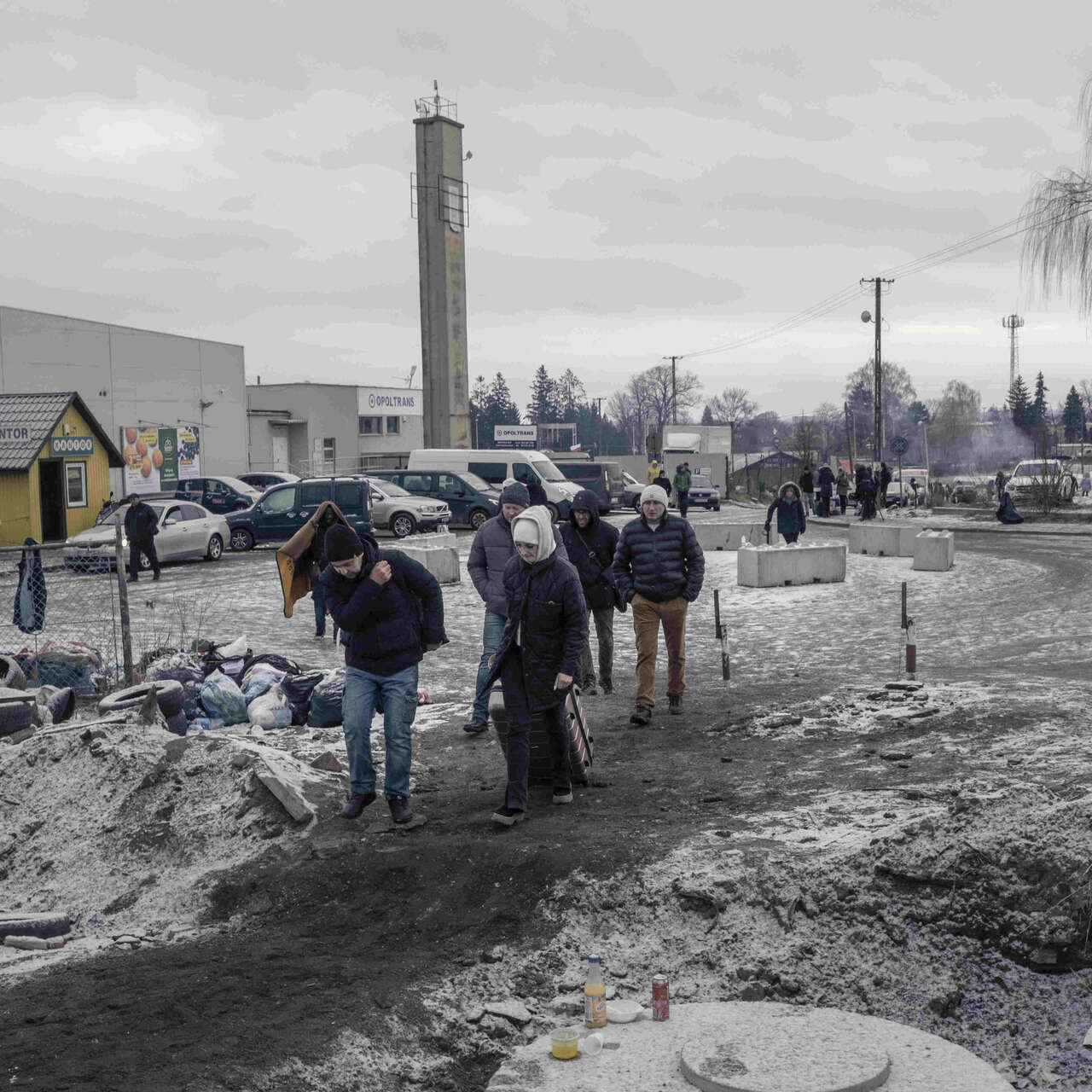
Test your knowledge with our quiz!
How much do you know about how winter can impact communities? impact communities around the world? Take our quiz to test your knowledge...

How much do you know about how winter can impact communities? impact communities around the world? Take our quiz to test your knowledge...
As temperatures drop, the International Rescue Committee (IRC) is providing essential support to people living through conflict.
In Ukraine, Afghanistan, Gaza and more, winter presents unique challenges. We’re delivering food, fuel, medical support and other critical assistance to families living through crisis.
Test your knowledge, and learn more about our work this winter, and year-round, to support people living at the intersection of climate and conflict.
Correct answer: -34C.
This winter, harsh weather conditions are only deepening the humanitarian needs of Afghan families. 1 in 7 Afghans are internally displaced, with many living in makeshift shelters that leave them with little protection from the cold. Winter comes with increased costs, and risks of seasonal illness.
Winterisation is a top priority for the IRC in Afghanistan. We are planning to reach people in 11 provinces through our winterisation response. We are also providing cash assistance so people can heat their homes and buy winter clothes and blankets, and deliver emergency supplies to help people keep their families warm in the cold months.
Correct answer: 3%
The 16 countries are: Afghanistan; Burkina Faso; Central African Republic; Cameroon; Democratic Republic of Congo; Ethiopia; Mali; Mozambique; Myanmar; Niger; Nigeria; Somalia; South Sudan; Sudan; Syria and Yemen.
People living in these states are three times more likely to be impacted by a climate hazard, all while living through conflict.
Correct answer: All of the above
Climate change impacts different parts of the world in different ways; from increased heat, to drought, to more intense storms. While climate change can shorten winters, it can also make storms more intense, creating additional risks for those living in crisis zones.
Correct answer: One in every five Ukrainian households experienced food insecurity in 2023.
In Ukraine, we are focusing our assistance in the areas most heavily affected by the war, in the east and southeast of the country. Together with our local partners, we are providing cash support to vulnerable families to enable them to cover their most basic needs like food and fuel, and supporting overwhelmed health facilities with much needed supplies and mobile health teams.
Correct answer: All of the above
All of these are how we support people in Syria. Across northern Syria, where the IRC has programming, civilians are living in perpetual conflict zones. Many have been displaced multiple times and food insecurity is high.
Extreme drought and the February 2023 earthquake near the Syrian-Turkish border have intensified the challenges. We’re directly supporting families, as well as undertaking longer-term projects to help farmers adapt to the new climate reality.